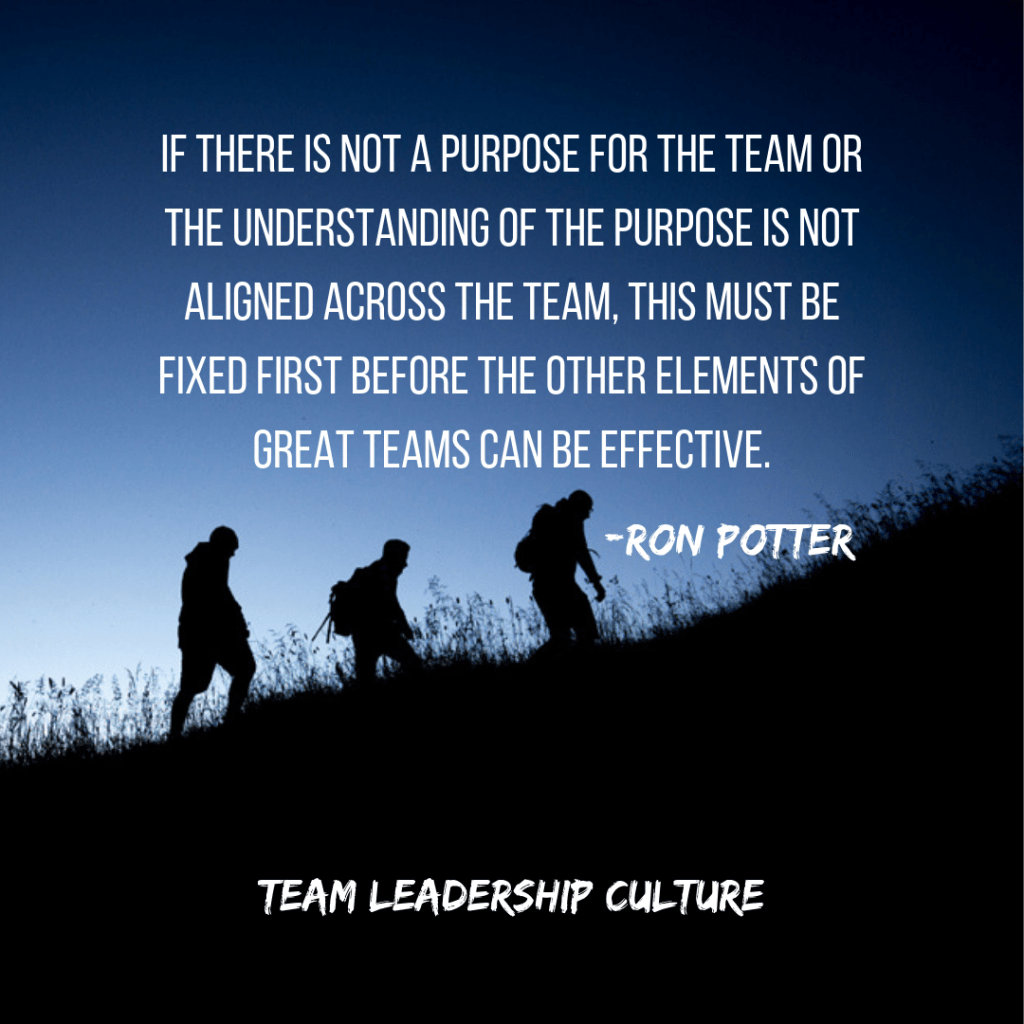Let’s talk about golf!
Golf is an enigma. (Now there’s a classic understatement!)
They say golf is like life, but don’t believe them. It’s more complicated than that.”
—Gardner Dickinson
The sport abounds with perplexity and paradox: fairway and rough, dry land and water, green and sand trap. And then there are all the complexities involving mind and body.
Golf and Hand-Preference
Most of us are born with an arm/hand preference. Some of us are right-handed; others are left-handed. Golf says, “Don’t use what comes naturally! Let your other hand (your out-of-preference side) pull the swing through the ball.”
For example, for many players their right hand is dominant in all other aspects of their lives. But in golf, if they allow the right hand to control their golf swing, the ball hooks—hello rough.
However, if they learn to use their left hand effectively—a new swing style—they will hit the ball straighter and have lower scores (which, of course, in golf is better).
So how is this relevant?
Isn’t that just like leadership? If we allow our dominant preferences to always be in control, we will often not have complete success. However, we can learn to adjust our style away from a dominant (and in some cases damaging) preference and become better leaders if we are willing to make some changes.
To be successful in golf, players need to learn how to overcome or “position” their natural tendencies (or preferences) in order to hit just the right shot.
This is also true with leadership. We look for and focus on our strengths, but we are better leaders when we also allow other qualities to develop and come to the forefront. For example, it is not natural for many of us to be humble team builders. It is much easier to strive for the attention of others and build a personal résumé, ignoring the team’s input and value.
The temptation will always be to head in the other direction—toward the dominant preferences inside us and on every side in our environment. But by intentional effort we can learn to be humble and at the same time increase our success as a leader.








 Ron’s Short Review:
Ron’s Short Review: 















